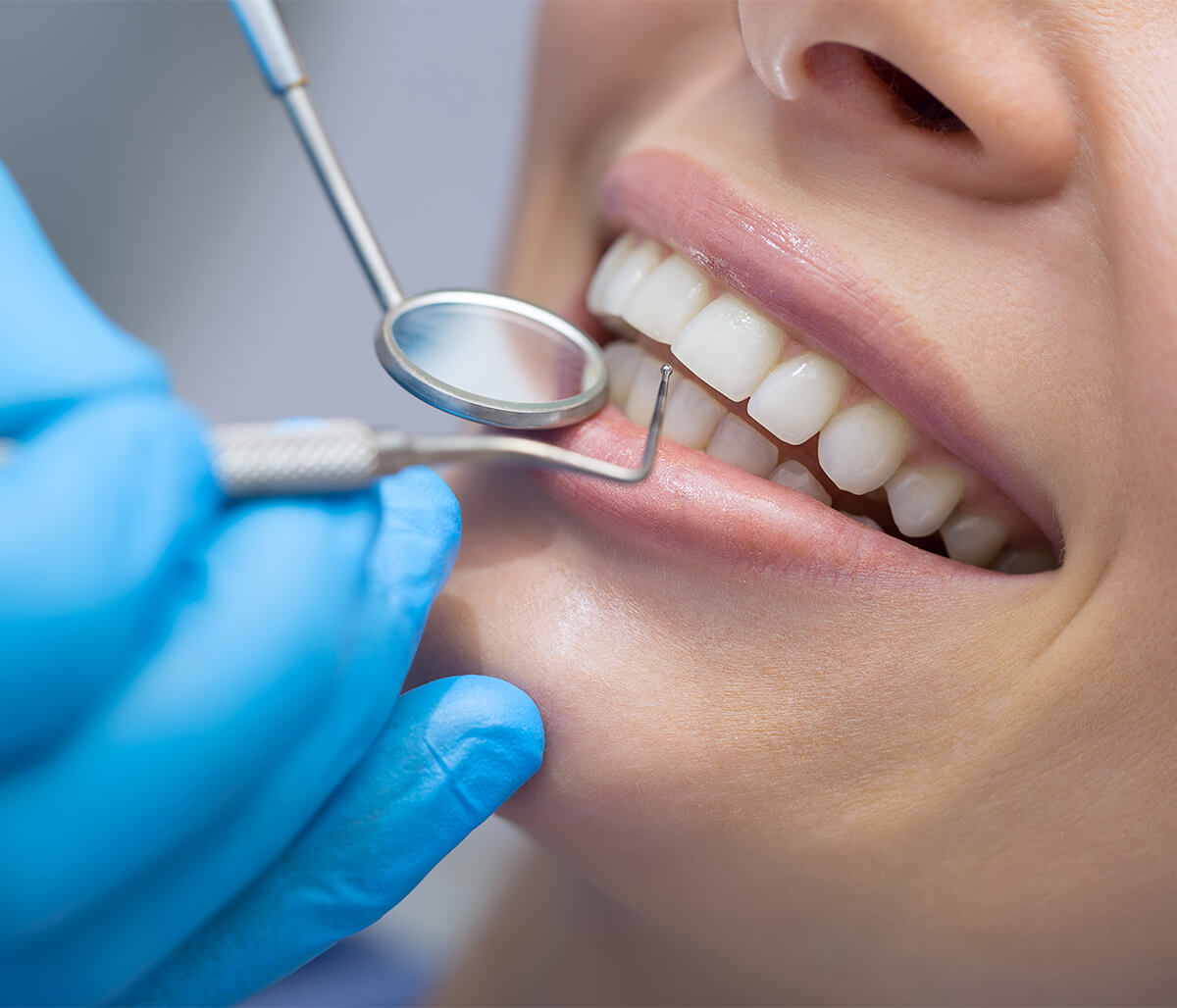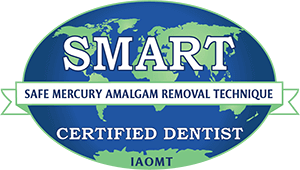
05
Oct
Periodontal Disease and How Non-Surgical Methods Can Treat It and Prevent Related Health Complications

Periodontal disease affects millions of people every year. It is prevalent in people of all ages and, if caught early, is easily reversible. However, periodontal disease can require extensive dental work to correct if left untreated. Dr’s. Mohammed Imam, Shafiulla Khan, and the team at Maine Center for Dental Medicine in Skowhegan, Maine, provide non-surgical periodontal treatment. This is done through quadrant scaling, a hygiene procedure that removes plaque and tartar from the tooth and root surfaces.
The Development of Periodontal Disease
When plaque begins to build up and harden into tartar, toxins in the bacteria are released, which lead to periodontal disease. Commonly referred to as gum disease, periodontal disease progresses as these bacteria begin to infect the gum tissue. These same bacteria can eventually move to the supporting bone structure and, in more advanced stages, cause chronic inflammation and tooth loss. While the symptoms of gum disease, especially the early stages, can go undetected, there are some that you should look out for. Some signs of periodontal disease include:
- Red and inflamed gums
- Gums that bleed when you brush or floss
- Chronic bad breath
- Receding gums
- Pain when you chew
- Loose teeth
Actual Patient Results

The earliest stage of periodontal disease is referred to as gingivitis. At this early stage, the disease can usually be reversed by a more strictly adhered-to dental regimen, including routine brushing, flossing, and rinsing. However, once allowed to progress, it may become irreversible yet manageable.
Periodontal Disease and Your Health
As previously mentioned, several life-threatening conditions can be caused by or exacerbated by periodontal disease. Let us look at some of these now.
- Heart Disease
When your body senses that it has to protect itself from infection, inflammation is its natural response. In some cases, inflammation is okay. But it becomes the enemy when this response becomes chronic, and your body starts to attack the healthy tissues and cells. This is one reason why periodontal disease has been linked to heart disease. The American Heart Association has stated that individuals with poor oral hygiene are up to 3 times more likely to suffer from heart disease and increase the risk of a heart attack by 49 percent.
- Diabetes
Bacteria love sugar. It thrives in its presence. When the body’s glucose levels are high, this helps bacteria propagate and are fueled to attack the teeth and gums. This will inevitably lead to gingivitis. Once periodontal disease has taken root in the body, this increases blood sugar levels and will put the individual at an increased risk for Type 2 diabetes.
You may wonder how gum disease causes blood sugar levels to rise. This occurs when the gum-disease-causing bacteria gets into the bloodstream, and the body’s immune system kicks into high gear. One way your body will try to defend itself is by raising blood sugar levels to fight the bacteria.
- Alzheimer’s
A study has found that the bacteria Porphyromonas gingivalis, which is found in gum disease, has also been detected in the brain of Alzheimer’s patients. It is now being advised that due to the infiltrative nature of the bacteria which causes gum disease and how it can work its way into the bloodstream, individuals take preventative measures to avoid an increased risk for Alzheimer’s disease.
Caring for Your Periodontal Disease
When you visit the Maine Center for Dental Medicine, Dr’s. Mohammed Imam and Shafiulla Khan will work with you to restore your dental health. When treating periodontal disease, therapy will begin with a comprehensive evaluation and a look at your dental health history. Once we determine how much and what types of bacteria exist in your mouth, a treatment plan will be created for you. If possible, non-surgical periodontal therapy will be used to treat any periodontal disease. To schedule an appointment, please call (207) 474-9503.
Share this Article
A graduate from New York University College of Dentistry, Dr. Mohammed Imam began his practice in Nigeria and moved to the United Kingdom to continue his training in Oral & Maxillofacial Residency.
With over 30 years of expertise Dr. Imam regularly updates himself on modern techniques and methods whilst continuing to invest and perform procedures using the best technology and equipment to ensure his patients receive the best and most bio-compatible oral care possible.
Dr. Imam’s areas of specialty include implant dentistry, TMD and Orofacial pain. He is also SMART certified and a member of the Academy of General Dentistry.
An alumnus of New York University, Dr. Shafiulla Khan brings with him a wealth of knowledge and expertise gained over his 35 plus years of practicing dentistry. He is well known for his passion to improve his patients’ lives with his service. While being a SMART certified professional, Dr. Khan’s areas of specialty includes Tempro-mandibular Disorders, TMJ therapy and smile make overs. He remains a prestigious member of the International Association of Oral Medicine and Toxicology (IAOMT) amongst many others.



 Linkedin
Linkedin